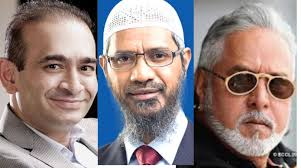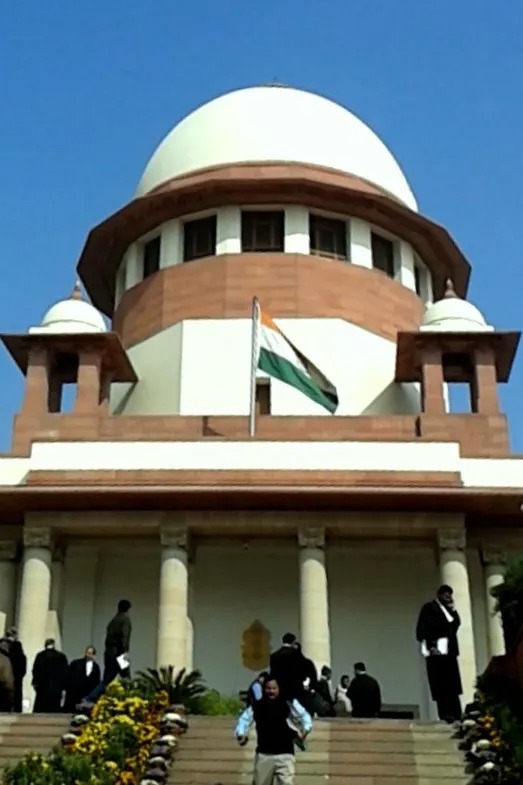@JUDGMENTTAG-ORDER
V.K. Jhanji, J.@mdashRajbir Singh was working as Clerk in the office of Sub Divisional Officer (Civil), Loham, District Bhiwani. He died as 23.9.1994 in harness. Vide PPO No. 18773/F family pension was released to his widow Raj Bala because deceased has no child. On 14.1.1999 petitioner applied for grant of family pension to her. In her application she stated that widow of Rajbir Singh had got remarried with Bir Singh son of Jug Lal on 14.3,1996. On receipt of application an enquiry was got conducted from Naib Tensildar, Loharu who vide his report dated 27.1.1999 confirmed the factum of remarriage of Raj Bala. On receipt of the report, payment of family pension to Raj Bala was stopped. Request made by the petitioner for grant of family pension to her was also not acceded to. Hence, the present writ petition.
2. It is pleaded in the written statement that the family pension to the petitioner has been denied on the ground that mother is not included in the definition of family under the family pension Scheme.
3. Learned counsel for the petitioner while, contesting the stand taken by respondents that mother is not included in definition of the family of a deceased for the purpose of family pension cited judgment of this Court in State of Punjab and Anr. v. Kharak Singh Kang and Anr., 1998(1) RSJ 412, wherein it has been held that the rule is totally arbitrary and not rational. On the other hand, counsel for the respondent stated that in view of the provision of Rules mother is not entitled to the pension.
4. After hearing learned counsel and on going through the record of the writ petition, I am of the view that the petitioner is entitled to family pension in view of law laid down by this Court in Kharak Singh''s case (supra). In this case this Court has held as under :-
"The purpose of the rules relating to family pension is to provide means of sustenance to the members of the family of the deceased employee. It is not unknown that not only the widow and children but very often even the aged parents are dependent on their son for their livelihood. The provision for family pension has been made to help such dependents. There appears to be no valid basis for excluding the parents from the list of persons who should be entitled to the grant of family pension on the death of the employee.
It is well settled that every executive action and in particular a Legislative measure like a statutory rule governing the grant of pensionary benefits should meet the test of reasonableness as contemplated under Article 14 of the Constitution. Admittedly, the parents of a deceased employee are eligible for the grant of gratuity. They are also eligible for the grant of certain kinds of pension. In the case of an employee who is not even married, they are not entitled to the grant of family pension. The rule has no rationale. It is totally arbitrary. It is not reasonable. Rule 6.17 of the Punjab Civil Services Rules, Volume II cannot, thus, be sustained to the extent it excludes the parents of the deceased government employee from the concept of Family."
5. Learned counsel appearing on behalf of the State failed to show any judgment to the contrary.
6. Accordingly, present writ petition is allowed and the respondents are directed to consider the case of the petitioner for grant of family pension in accordance with the law laid down by this Court in Kharak Singh''s case (supra). The respondents are directed to complete this exercise within a period of three months from today. No costs.
7. Petition allowed.

